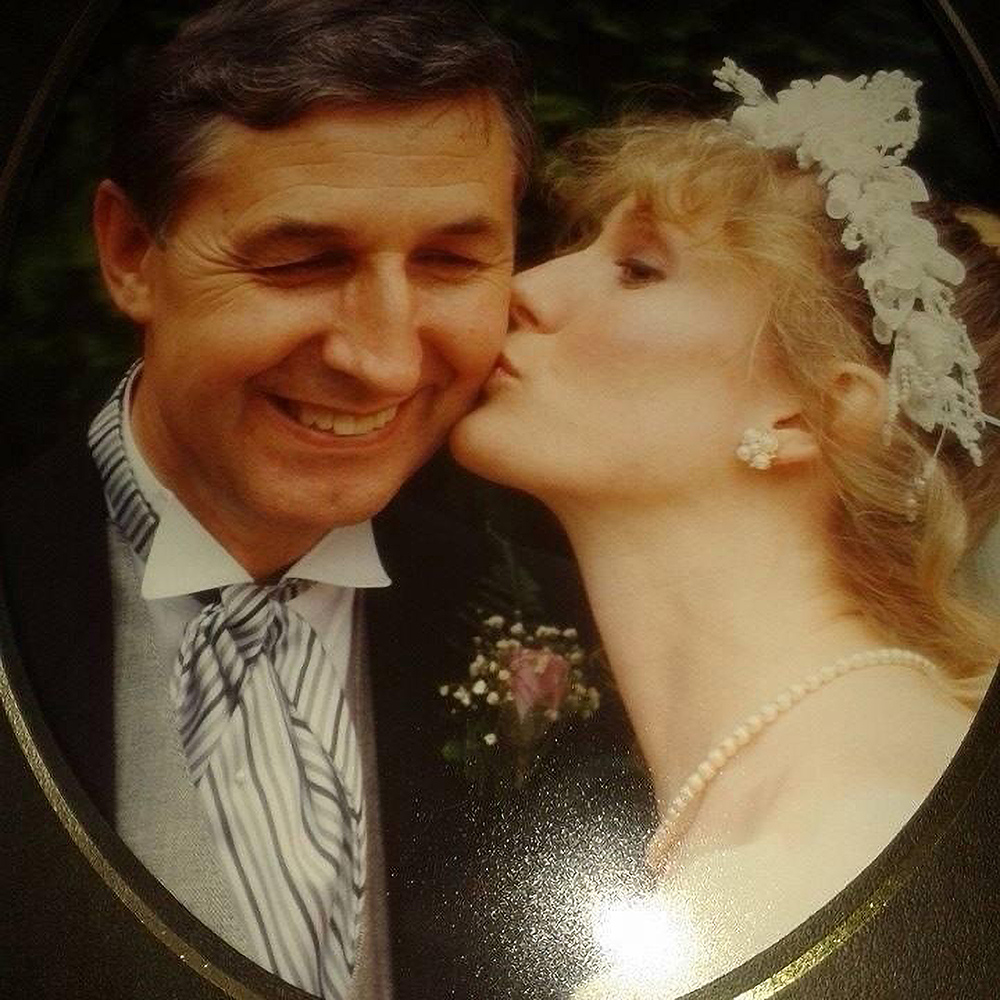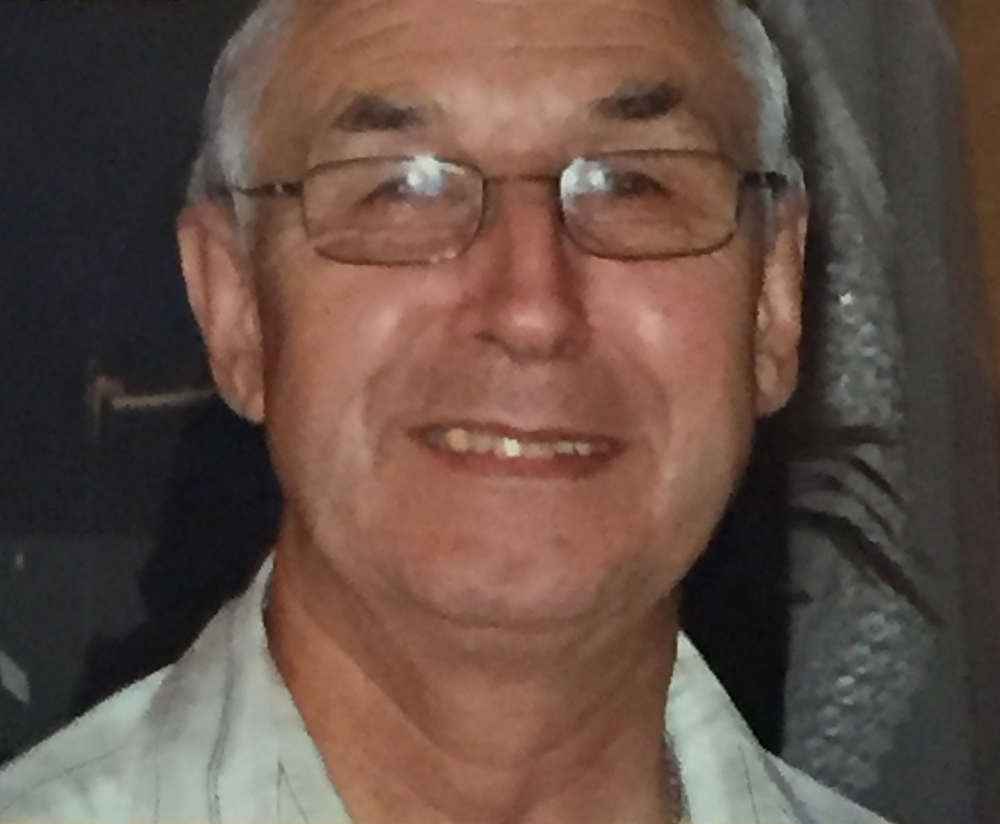“On New Year’s Eve, around nine months after his diagnosis, he was told that the cancer had spread to his liver. At that point, my lovely Dad just gave up.”
Today Gail shares her Dad's story of pancreatic cancer and how he died far too early.

My healthy, fit, hard-working, amazing dad’s first symptom was sickness. His GP told him to change his diet. My dad did not drink (apart from the occasional shandy), never smoked, ate a healthy diet, and took vitamins, so this advice seemed questionable to me. He made numerous trips to his GP, and despite dropping two stone in weight, he was only referred for blood tests, which came back clear.
This went on for months and my dad had to beg for a scan. His GP reluctantly referred him for a scan in January 2014 – over a year after he started feeling unwell. The scan revealed a mass on his pancreas. In February 2014, we got devastating news – my dad was diagnosed with pancreatic cancer. It was inoperable as the tumour was wrapped around a main artery and had also spread to his lungs. He was told he had between four and six months to live.
My dad was offered palliative chemo, and I believe he was scared of having it. He was told that if he decided against having chemo, then no palliative care would be available to him, and he would have to go to A&E if he was in pain. Feeling utterly helpless, I asked my dad if he would go to a Reiki healer. He agreed, and the difference in my dad after every treatment was amazing. He had that sparkle back in his eyes. His palliative care nurse couldn’t believe how well he was – he was still working!

On New Year’s Eve, around nine months after his diagnosis, he was told that the cancer had spread to his liver. At that point, my lovely Dad just gave up. An operation to put a stent in his liver was unsuccessful. In February 2015, he was prescribed a syringe driver and confined to bed. He passed away around two weeks later, on the 10th February 2015.
He had achieved what he wanted: to celebrate his and my mam’s Golden Wedding Anniversary in September 2014. They asked for donations instead of gifts and raised nearly £1,000 for pancreatic cancer research.
My mam gave up on life after my dad passed away, she passed away in December 2018.
My family and I feel that my dad might have had more options if he had been referred for a scan when he first presented with symptoms to his GP. At the time, he even confided in my brother that he thought something was seriously wrong.
"My lovely Dad and every other person who is diagnosed with this awful disease deserve to be diagnosed and treated promptly, efficiently, sympathetically, and to the highest possible standard."
Before his pancreatic cancer symptoms began, my dad never visited his GP; he had always been healthy. Alarm bells should have rung when my dad called his GP several times prior to his diagnosis and begged the GP for a scan referral.
My lovely Dad and every other person who is diagnosed with this awful disease deserve to be diagnosed and treated promptly, efficiently, sympathetically, and to the highest possible standard. Sadly, this could not be further from the reality of what happened in my dad’s case. No patient should have to fight for timely and appropriate health interventions when they are at their most vulnerable. Healthcare professionals, and the healthcare system, should be with us, not against us.
PCA is dedicated to providing education and awareness training for healthcare professionals. They have a vital part to play in early diagnosis of pancreatic cancer which is why we provide free resources for GPs, pharmacists and pancreatic cancer specialists. We’re proud that our CPD-accredited GP e-learning module has been available since 2016, and it is helping train doctors every day in the early diagnosis of pancreatic cancer.